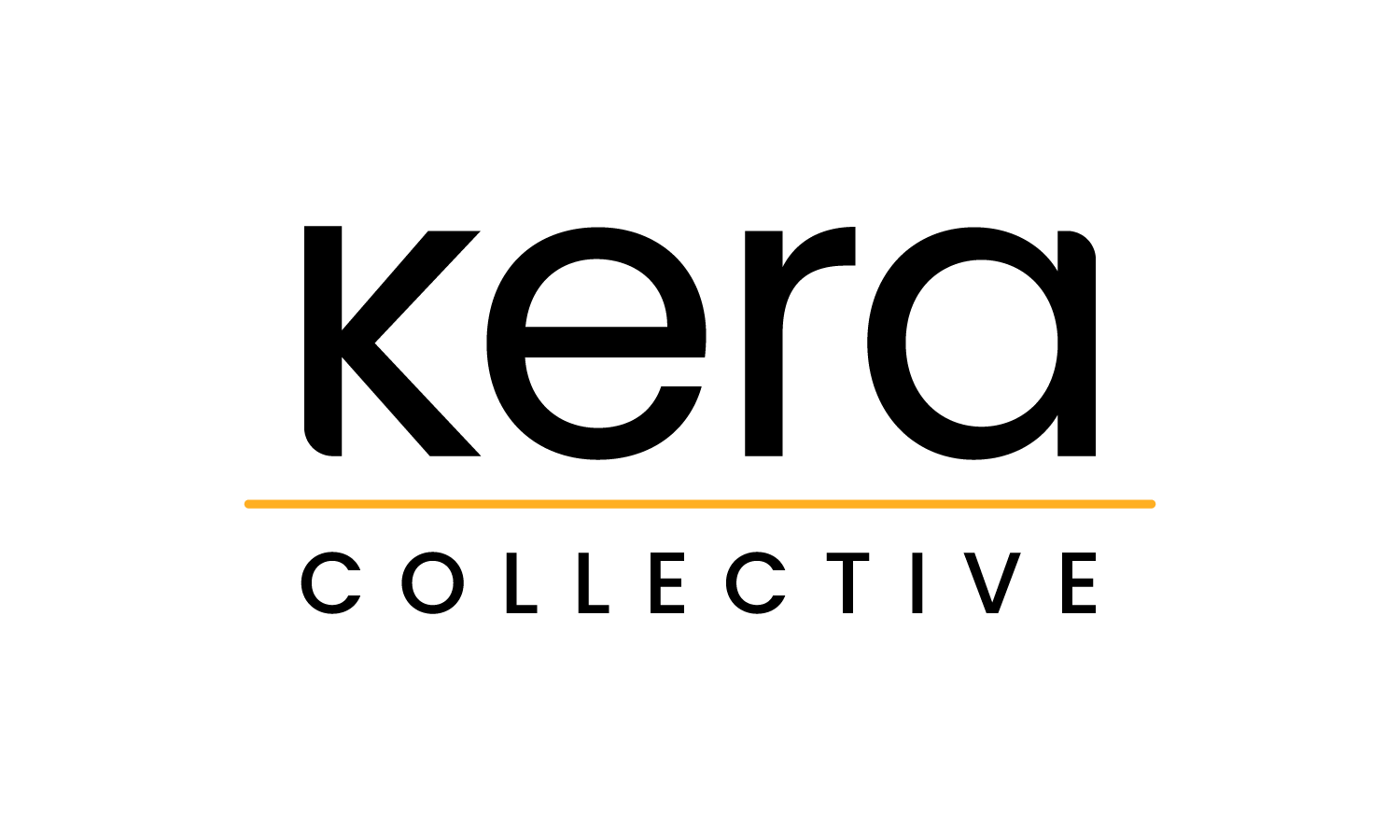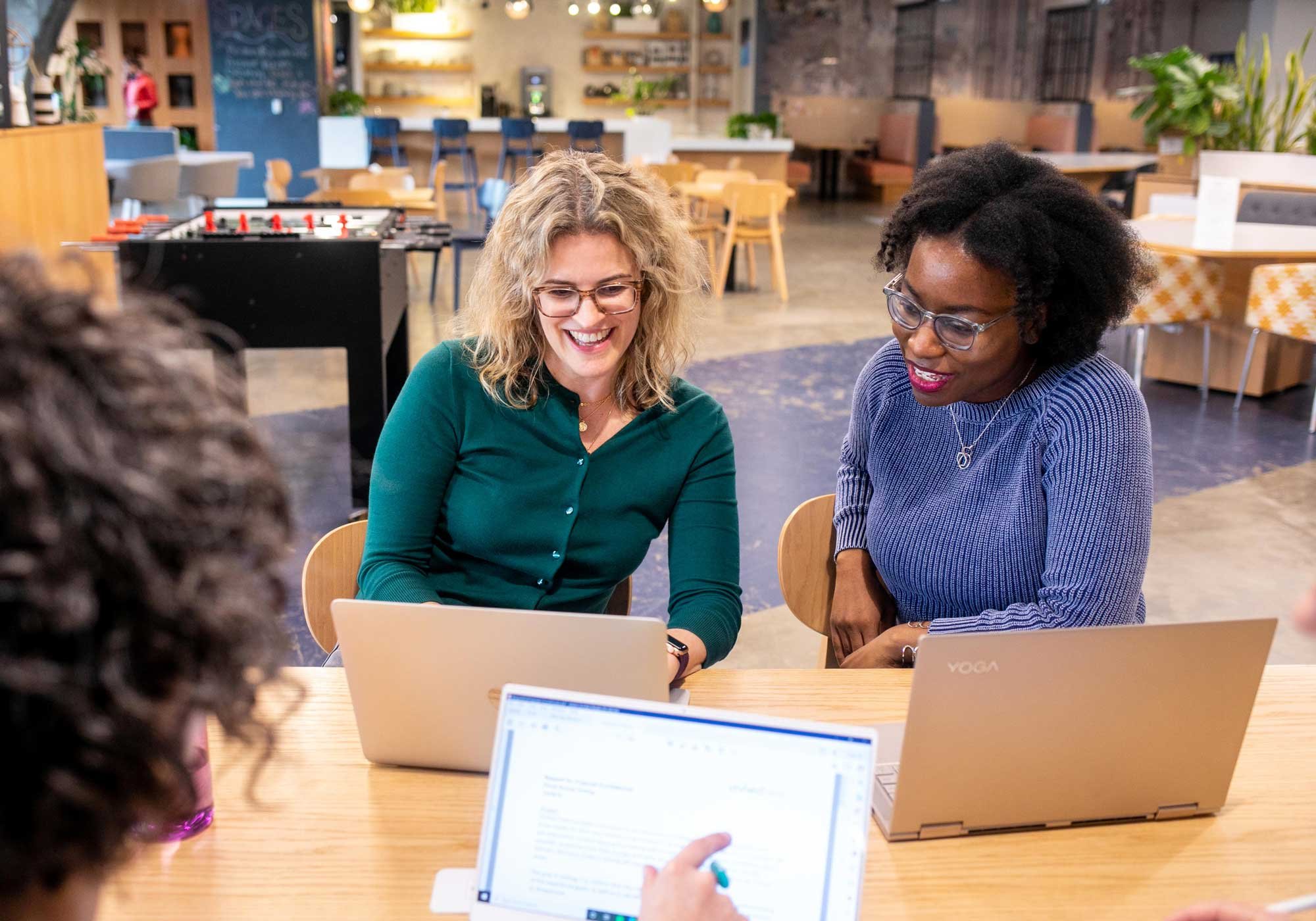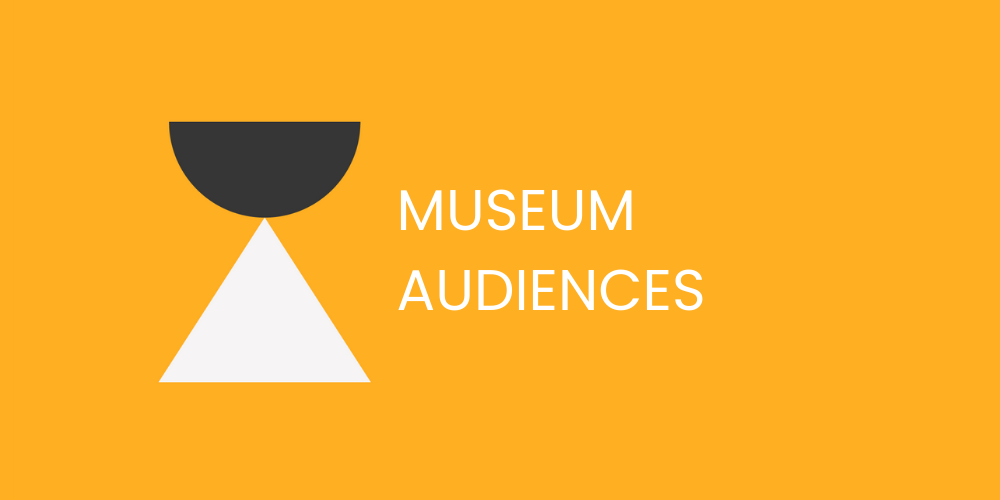
A space for our community to learn alongside us
Insights | Publications | Tools
The latest from our team
Interrogating Whiteness
This month, we highlight three anti-racism resources that challenge us to interrogate whiteness.
How can design be a tool of decolonization? How can we acknowledge privilege to help us dismantle systems of inequality? What can we as individuals do to confront our biases during difficult conversations?
Three Years Later: Museum Education Remains Vulnerable
In the fall of 2020, in the midst of the pandemic, Kera Collective did a small pro bono study for the Museum Education Division of the National Art Education Association, and the results were published in the Journal of Museum Education the following year. The study was initiated as layoffs were occurring across the museum field. We suspected that more museum educator jobs were being cut or reduced than other positions in museums, so we sent out a survey to educators to gather data. Our suspicions were confirmed. You can read the full results in our article but suffice it to say the data indicated:
Expanding Accessibility in Museums: A Conversation with Ross Edelstein
We recently interviewed Ross Edelstein, a pioneer in the museum industry in creating accessibility on all levels. Ross is autistic, and brings his lived experience into the lens of his work with museums and accessibility. Below are some key themes from our conversation that are great ideas to incorporate into your own accessibility work.
Contradictions and Complexity
As researchers who study how museums serve their audiences, we often encounter contradictions in how people make meaning from experiences. Humans are complicated and often grapple with conflicting beliefs, attitudes, or behaviors.
This month, we share some resources that explore this complexity from a few different angles.
How We Keep Projects Organized (and How You Can, Too)
At Kera Collective, we average around 20-30 active projects at a given time, of varying size and scope. As a small team, people often ask us how we handle so much work at once. The short answer? We prioritize staying organized.
Why You Should Evaluate Your Long-Standing K-12 Museum Programs
From my years as a museum educator, I know well that program evaluation is one of those things that we know is important, but often find hard to prioritize. Program managers juggle a million responsibilities just to get a program off the ground, and it can feel overwhelming to also have to dedicate time and resources towards assessing a program’s impact once it’s running.
Feeling Grateful
As we embark on the season of gratitude, we're filled with appreciation for each and every one of our readers.
Your enthusiasm for the musings, thoughts, and readings we curate here truly warms our hearts. Don’t hesitate to share our newsletter with friends and colleagues.
Reflect and Respond: Understanding Lived History Through the Lok Virsa Heritage Museum
Lina Bhatti wrote a blog post for the Association for Art Museum Interpretation (AAMI) where she delves into her experience at a folk museum in Islamabad, Pakistan.
The Benefits of Walk-and-Talk Interviews with Museum Visitors
We recently conducted an exploratory study of the efficacy of various interpretative strategies at the Denver Art Museum (DAM). Given the goals of the study, we proposed an infrequently-used method: walk-and-talk interviews.
You’re Speaking My Language
How you communicate something, whether through visual symbols, body language, or words, can mean the difference in whether or not people feel truly understood.
This month, we invite you to learn about culturally-responsive data visualization, the intimacy of a familiar gesture, and a delightfully funny take on national parks.
Are You Sure That’s a Good Idea?
Museum professionals are the original content creators. They are extremely passionate and possess special knowledge and expertise. These characteristics, in combination with museums’ collections, are a perfect recipe for idea generation. I’ve been in many meetings where the energy exuding from museum professionals about potential new programs, exhibitions, apps, or other initiatives is captivating and contagious.
Expanding Accessibility in Museums: A Conversation with Finnegan Shannon
I sat down with Finnegan Shannon, a disabled artist and activist, to get a better understanding of their perspective on disability and accessibility in museum and art spaces. I was drawn to their work entitled “Do You Want Us Here Or Not” which critiqued the lack of places for rest in museums, ultimately creating inaccessible spaces. Below are a few themes we explored in our conversation.
What Makes Us Human?
Being human-centered means putting people at the center of your work.
This month, our coffee break picks remind us of some of what makes us human: a desire to be accepted, the grace to be vulnerable, and the recognition of our individuality and complexity.
What is Front-End Evaluation?
In evaluation, we sometimes use technical terms to describe our work. Some of the most common terms we use are those that describe different phases of evaluation: front-end (also known as concept-testing), formative research and prototyping, and summative. This post focuses on breaking down the earliest phase of evaluation: front-end evaluation. What is it? Why do we do it? When should we do it? And, what methods work best?
Can Exhibitions Really Change Visitors’ Attitudes and Behaviors?
Exhibitions are a core part of what most visitors experience when they visit museums in person. But, I often wonder, can exhibitions actually achieve some of the more lofty goals that museums might want to accomplish, such as long-term changes in visitors’ attitudes or behaviors?
Walk a Mile in Someone Else’s Shoes
We’ve all heard the saying, “walk a mile in someone else’s shoes.”
It’s a reminder of the importance of practicing radical empathy—listening actively, with curiosity rather than judgment, and remembering that everyone has a unique lived experience. This month, we’re sharing resources that help us see the world from different points of view and respect varied perspectives.
What the The Art of Gathering Taught Me About Convening Focus Groups
Every gathering has the potential to be great. And anyone can learn how to “gather well.” This is the premise of Priya Parker’s 2018 book, The Art of Gathering: How We Meet and Why It Matters. As someone who plans a lot of gatherings in my personal life, I recently picked up a copy hoping to gain some insight into how I could be a better host for my friends and family.
Using Transcript Review to Acknowledge Power Dynamics in Evaluation
As a researcher for Kera Collective, I have been fascinated with the overlap between museum evaluation and my background in English literature, folklore studies, and storytelling. For me, research is storytelling. With a report, there is an author; there is a narrative.
What Makes Ideas Stick?
What makes ideas “stick?”
Our coffee break picks each month highlight ideas that have stuck with each of us for various reasons. Maybe it resonated personally, triggered an emotional response, or was unexpected. We hope some of our picks this month “stick” with all of you.
How Time Got Away From Me, and How I Got it Back
I think about time a lot. As the owner of a small consulting company, I can’t help it. Questions like, “When do you need it?,” “Do we have time?,” or “How much time will that take?” are in regular rotation.









